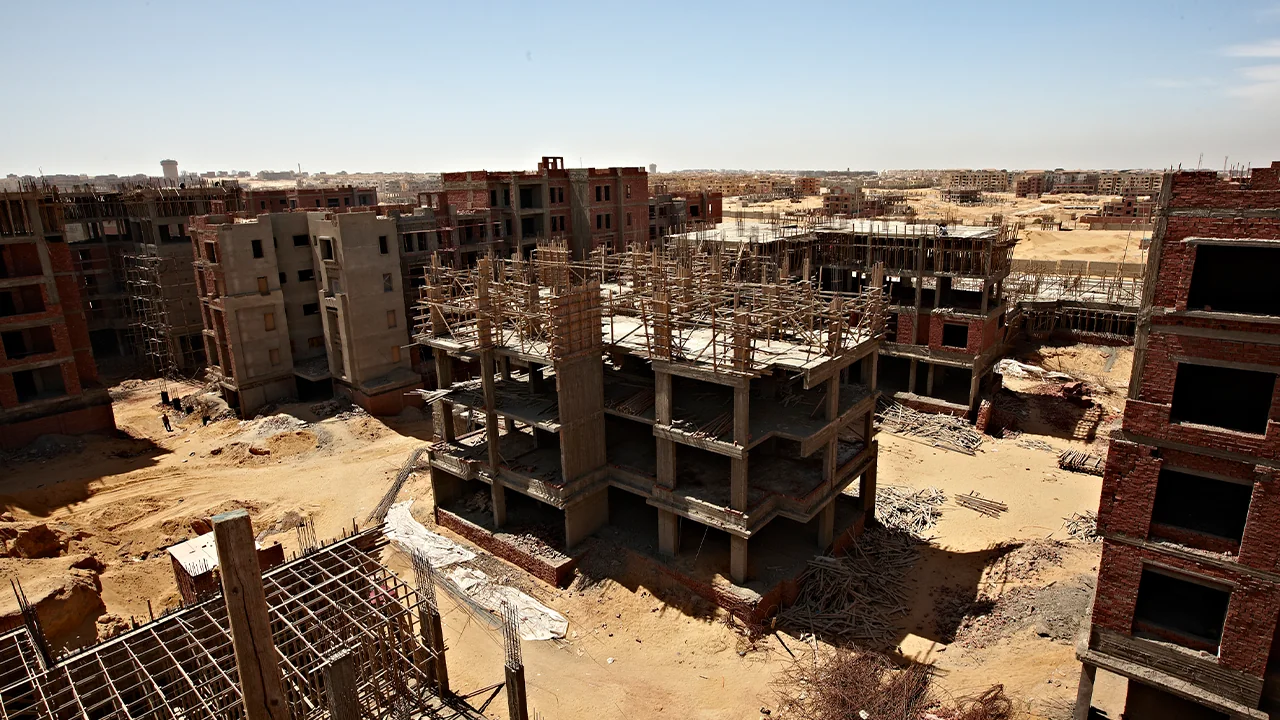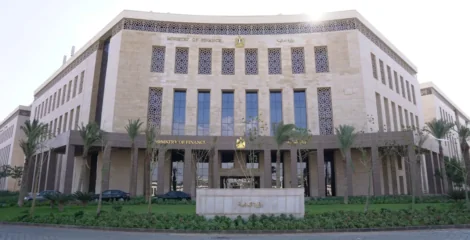- Egypt’s real estate market is undergoing a price correction, reflecting slowing inflation, EGP gains, and expectations of further interest rate cuts.
- Developers are offering unprecedented cash discounts, some exceeding 50%, to boost demand, strengthen cash flow, and support ongoing project construction.
- Residential deliveries continue, with over 7,500 units added in Q3 2025 and further 13,800 units projected by end of Q4.
Price Correction
The Egyptian real estate market has seen a recent wave of price correction after continuous increases in residential and commercial unit prices. This shift is a reflection of potential continued interest rate cuts in upcoming Central Bank meetings. It is also a reflection of slowing inflation and gains of the EGP against the dollar.
In an interview with Alarabiya Business, Ayman Sami, Country Head of JLL’s office in Egypt, indicated the sales prices of residential units are increasing at a normal rate. This is as opposed to the high rates seen in previous years. Thus, a price correction is emerging to align with current demand and restore market balance.
Cash Discounts
Recently, the real estate market has seen unprecedented discounts for immediate cash payments. This has exceeded 50% in some projects. For instance, Madinat Misr is offering a cash discount of up to 55% on certain projects for upfront payments.
In addition, some projects in East Cairo are offering discounts ranging between 25-50%. Meanwhile, projects in West Cairo are offering discounts of around 30%.
Abdullah Salam, President and CEO of Madinet Misr, explained to Alarabiya Business that these recent cash offers are aligned with the current purchasing power in the market and customer preferences. He also adds that the company continuously designs flexible payment plans to meet the needs of various customer segments.
He further adds that the strategy aims to boost demand by offering discounts for upfront payments. Furthermore, this approach strengthens the company’s cash flow and supports ongoing construction and operations. Salam further explains that this makes real estate more attractive as a reliable investment in the current market.
On the other hand, Mohamed Samir, Founder & Managing Director of Elite Consultancy, told Alarabiya Business that large cash discounts show rising market pressures. He also notes that the sector is facing a real crisis that could worsen in early 2026. This is due to liquidity shortages, slower sales, and higher unit return rates from customers.
Samir also notes that projects launched in 2022 and 2023 are scheduled for delivery in 2026. Thus, adding extra pressure on developers to secure cash flow and complete construction operations.
Higher Sales Rates
According to JLL, in Q3 2025, approximately 7,500 new residential units were delivered, mostly apartments in the R7 District of New Cairo. This has raised Cairo’s residential stock to around 317,000 in Q3 2025. Additionally, 13,800 more units are projected to be delivered by the end of Q4 2025. This activity signals a recovery in market confidence as developers expand their portfolios.
From a performance perspective, major developers saw higher sales due to flexible payment plans and extended installment schemes. However, smaller and mid-sized developers remained constrained by cash flow and affordability challenges.These developers are seeking ways to balance unit pricing for revenue while staying competitive to capture market demand.
Similarly, resale market activity stayed subdued in Q3, with rental demand continuing to dominate overall market trends.Nevertheless, sellers began adjusting asking prices more gradually, allowing buyers to negotiate within realistic ranges.
This is reflected in sales prices in 6th October and New Cairo which rose by 22.6% and 18.5% year-over-year. Meanwhile rental rates increased by 17.6% and 16.9% over the same period, respectively.
Future Market Trends
Looking ahead, Cairo’s freehold residential market is expected to pick up as lower interest rates attract investors from bank deposits to real estate assets. The 525 basis point reduction in 2025, from 27.25% to 22%, reflects improving economic fundamentals and market conditions.
Additionally, further rate cuts are expected to boost cash flow, enable land acquisitions, and support new project launches. These factors position the residential sector for renewed growth and stronger momentum in both primary and secondary markets.
If you see something out of place or would like to contribute to this story, check out our Ethics and Policy section.














